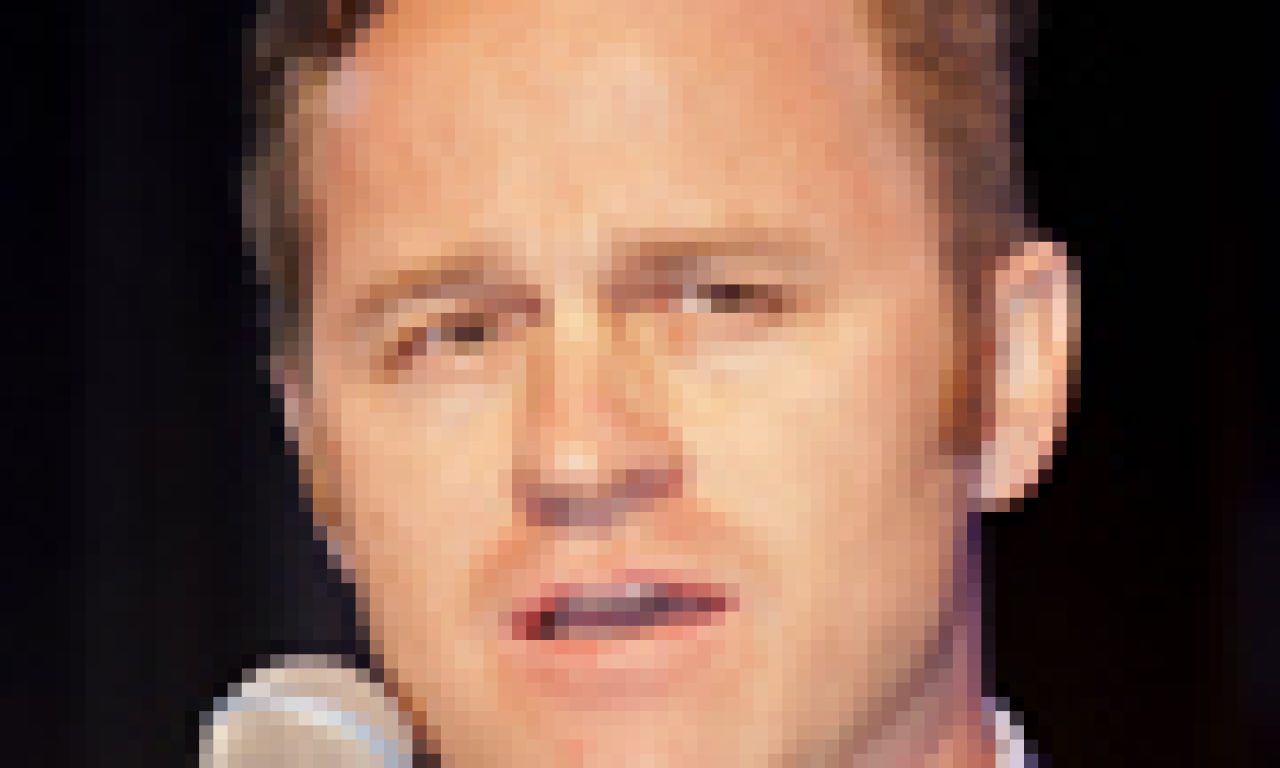David Clarke
The hedge fund industry is concerned about the increasing frequency and severity of cyber attacks, especially in the US, and is about to publish a paper on the subject. Meanwhile, a big Australian manager, QIC, has just taken out insurance against cyber attacks for its US operation.
The Alternative Investment Management Association (AIMA) will publish its paper within the next few weeks, according to the global chief executive, Jack Inglis. He told last week’s AIMA Australia Hedge Fund Forum in Sydney that the US was forced to be ahead of the game in this field, because of SEC regulations on broker dealers. AIMA established a committee of chief technology officers at hedge funds and would publish its guide in the coming weeks.
David Clarke, QIC chief risk officer, said the global manager had become a registered investment advisor in the US and had paid a lot of attention to cyber risk, including holding seminars on the topic.
“We’ve heard from people who have lost their whole businesses because of cyber attacks,” Clarke said. “We took out cyber insurance this year. It’s probably more pertinent at the securities trading level but it’s something we are closely monitoring.”
Chris Addy, the chief executive of Castle Hall Alternatives, said cyber security was of profound importance and with potentially far reaching consequences. “There’s great concern by the regulator in the US on the plumbing of financial markets. Every asset manager has to be more aware of the dangers.”
On another cautionary note, AIMA’s Inglis said that the start-up rate in the industry was possibly at its lowest point ever. “When I cast my mind back to the early 2000s there were about 1000 new firms a year. It’s probably half that now,” he said. “This industry has been very successful because it’s been entrepreneurial. I want to see start-ups flourish so they can replenish the talent in the industry.”
According to a recent survey, 40 per cent of global hedge fund assets are managed by firms whose principals are older than 60.
AIMA globally is celebrating its 25th anniversary this year and Inglis said the industry had a lot to be proud of in increasing the efficiency of capital markets. It could also be proud of the returns it has generated. Over the past 25 years, the MSCI World index had risen about 400 per cent, he said. Over the same period, the Hedge Fund Index had risen about 1200 per cent.
But Inglis and Paul Chadwick, AIMA’s local chair, said there remained the constant need for education of investors about the true strategies and risk return profiles behind many hedge funds.
Inglis, on his first trip to Australia since taking the reins of AIMA in London early last year, said that while hedge funds had evolved to become an important asset management segment, a central part of investor thinking and a big contributor to the efficiency of capital markets, education remained a key plank of the association globally and in Australia.
More than 300 people attended the Forum, a record for the event. For the conference wrap-up, download the PDF here.

